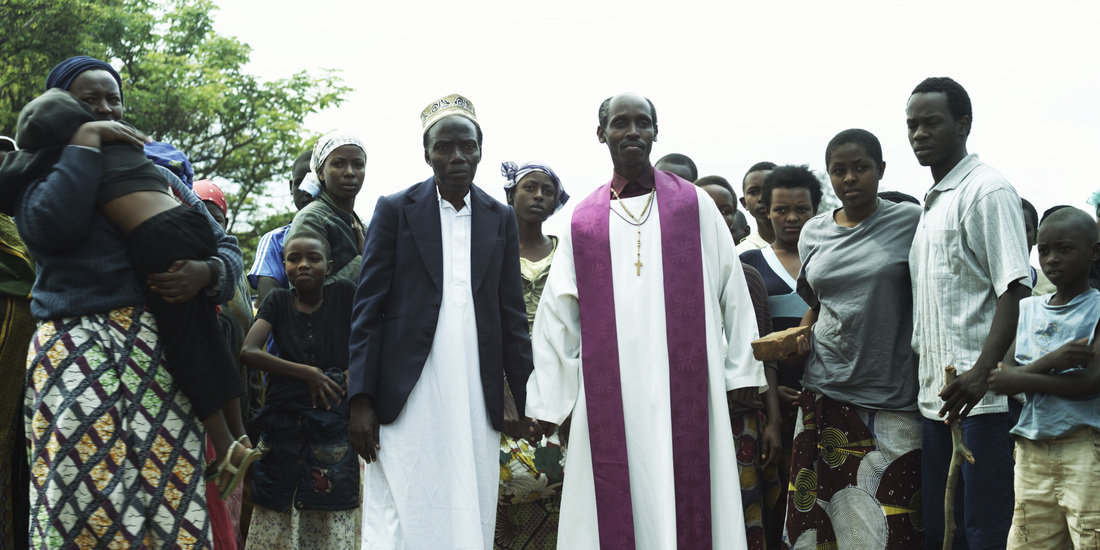The breathtaking landscape of Rwanda, with its undulating hills and verdant valleys, often invites admiration. Yet, the true richness of this nation lies not only within its geographical beauty but also within the tapestry of its beliefs. Among the myriad of cultures and traditions that have flourished in Rwanda, Christianity stands as the predominant religion, marking the spiritual landscape with its profound influence and historical significance.
Christianity was introduced to Rwanda in the late 19th century, largely through the efforts of European missionaries. These early encounters set the stage for a sweeping transformation of religious life within the nation. Today, an overwhelming majority of Rwandans identify as Christians, with Catholicism and Protestantism taking center stage. Each Christian denomination contributes a distinctive flavor to the religious practices on the ground, creating a mosaic of faith that reflects the diverse beliefs of its people.
Roman Catholicism has historically been the largest Christian denomination in Rwanda. Its roots can be traced back to the arrival of the Catholic Church in 1900, led by the White Fathers missionary society. The conversion efforts were immensely successful, and Catholicism soon became intertwined with Rwandan identity. Churches became focal points for community gatherings and cultural expressions of faith, fostering a sense of belonging and unity among the populace.
Within the Catholic Church, deep reverence is afforded to traditions and rituals, integrating them into the daily lives of many Rwandans. For instance, the celebration of Mass serves not only as a spiritual obligation but also as a source of social cohesion as families and friends congregate to celebrate their faith together. Additionally, significant life events, such as baptisms, weddings, and funerals, are marked by elaborate ceremonies that emphasize the community’s commitment to their Christian values.
Yet, it is essential to look beyond mere statistics and rituals to grasp the underlying reasons for the prominence of Christianity in Rwandan society. The historical backdrop of colonialism played a critical role in shaping the religious landscape. Missionaries were often tasked with establishing educational institutions and healthcare facilities, which gained the trust and goodwill of the Rwandan people. As such, Christianity became associated with modernity and progress, encouraging its adoption among communities striving for advancement.
Similarly, the aftermath of the 1994 genocide against the Tutsi further solidified the role of Christianity in the nation. Many individuals sought solace in faith during this tumultuous period, as churches transformed into sanctuaries of hope and reconciliation. Various Christian leaders advocated for forgiveness and healing, emphasizing the importance of spiritual fortitude in rebuilding fractured relationships among communities. This sense of collective healing resonates deeply within contemporary Rwandan society, reinforcing the relevance of Christian teachings in daily life.
Protestantism, while smaller in size compared to Catholicism, plays an equally influential role in Rwandan spirituality. The Protestant denominations, which include Baptists, Pentecostals, and Anglicans, often cater to diverse theological perspectives, each promoting an intimate and personal relationship with God. The fervor of the Pentecostal movement, in particular, has gained traction in urban areas, appealing to younger generations through emotional worship styles and an emphasis on individual experiences of faith.
In addition to individual devotion, many Protestant communities emphasize social justice, underscoring the call to serve and uplift the marginalized. This alignment with social issues echoes the teachings of Christ, encouraging Rwandans to advocate for equality and justice. Such engagement with societal challenges enhances the relevance of faith in confronting contemporary dilemmas, allowing Christianity to resonate deeply with the ethos of today’s Rwandan people.
The current landscape of religion in Rwanda reflects an intriguing dynamic between traditional beliefs and Christianity. While the vast majority profess Christian faith, manifestations of indigenous beliefs often intertwine with Christian doctrine. The communal values and ancestral reverence evident in Rwandan spirituality persist alongside the tenets of Christianity, creating a unique blend of cultural identity that honors the past while navigating the present.
This multifaceted engagement with religion offers a compelling lens through which to view the souls of Rwandans. It reveals the deep-seated need for connection—both with the divine and with one another. The prominence of Christianity in Rwanda illustrates more than a mere statistical majority; it embodies a collective consciousness striving for hope, healing, and the assurance of a better future.
As various Christian denominations continue to flourish, one cannot help but marvel at the resilience and faith of the Rwandan people. Their journey, marked by adversity and renewal, offers a poignant narrative that speaks not only to the main religion in Rwanda but to the transformative power of faith in difficult times. With each passing day, Christians in Rwanda actively seek to reflect the grace and compassion of their beliefs, envisioning a nation united in love and purpose.
In this nation of hills and valleys, the spirit of Christianity occupies a central place in the hearts of its people. It inspires both the individual and the collective, shaping the nation’s identity and guiding its future. As Rwanda progresses, the enduring presence of faith amidst challenges signifies hope, resilience, and an unwavering commitment to a brighter and more harmonious existence.



